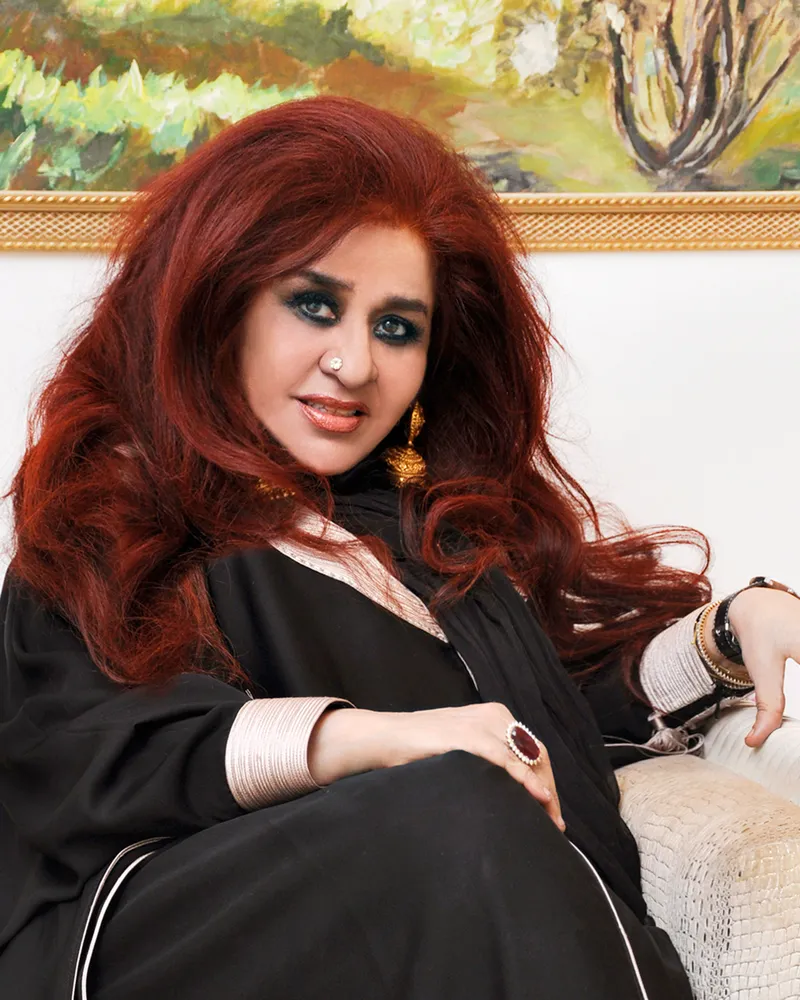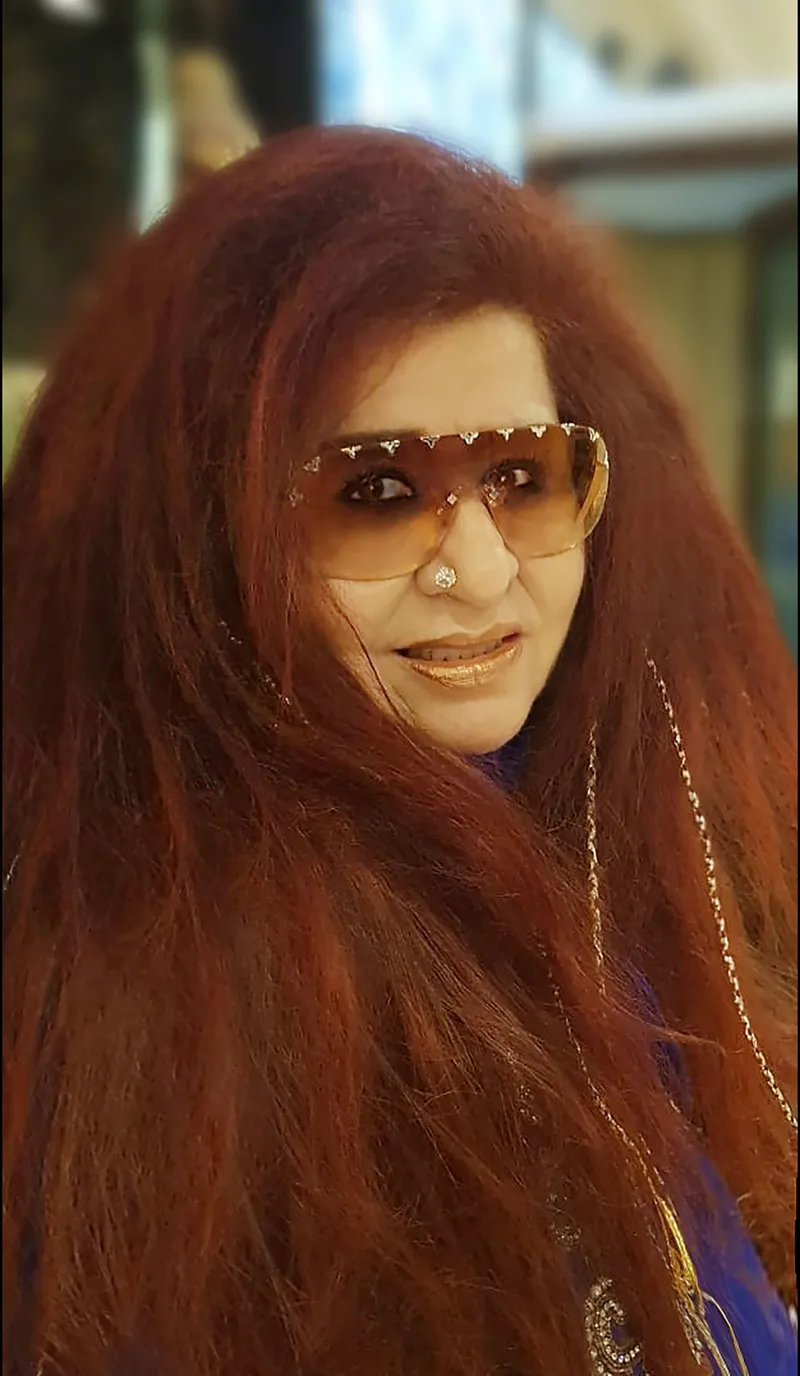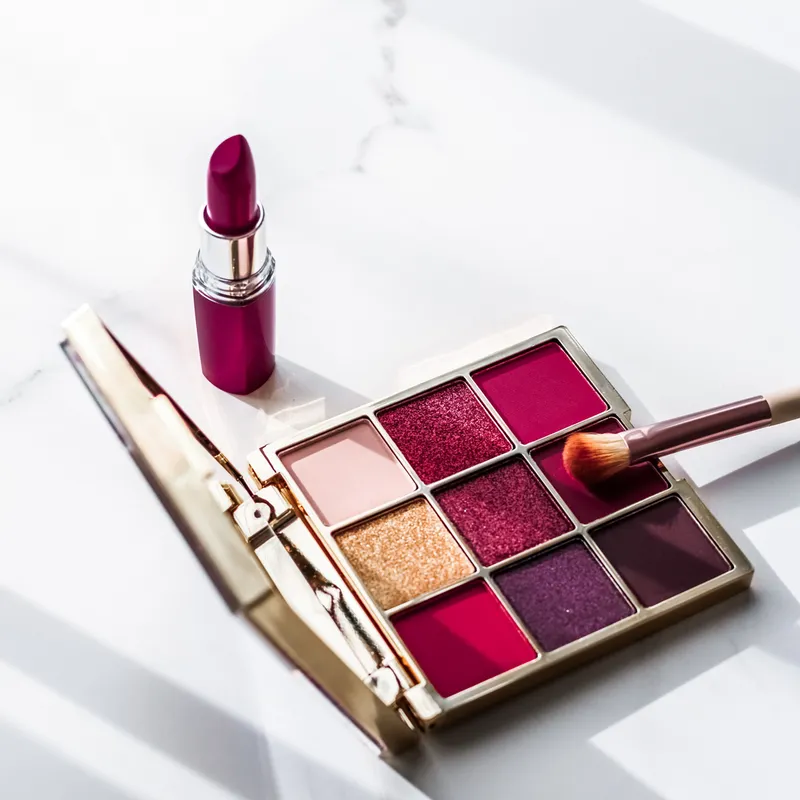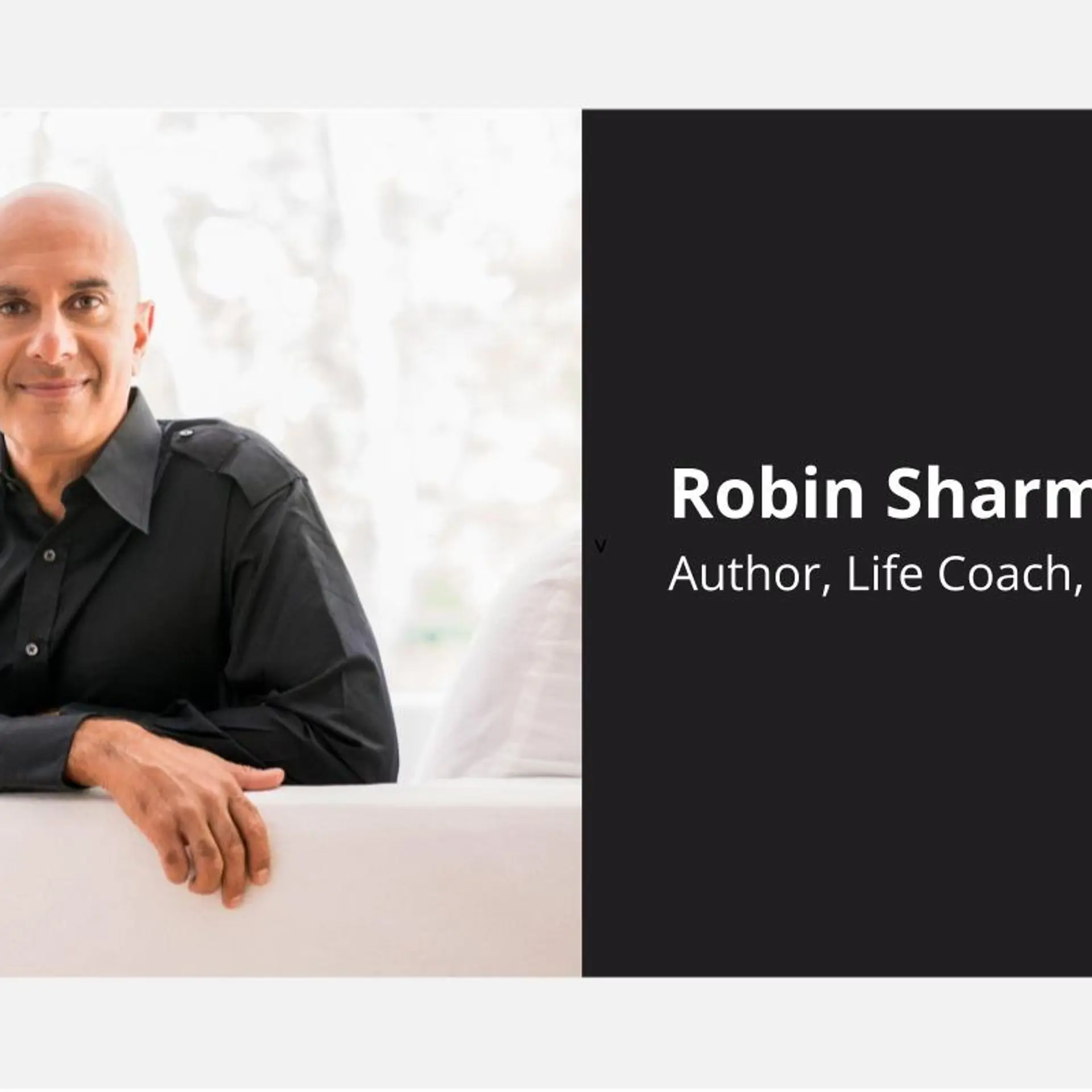Entrepreneur Shahnaz Husain on putting India on the world’s herbal beauty products map
“Ignore the naysayers and follow your dreams,” says entrepreneur and pioneer of herbal beauty care in India, Shahnaz Husain.
Indian Ayurvedic skincare and haircare are synonymous with Shahnaz Husain. Long before being bombarded by American and Korean beauty products, the country’s women looked up to products by the Shahnaz Husain Group, which focuses on healing and beauty through plant power, guided by the principle of care and cure.
For more than five decades, the Shahnaz Husain Group has developed more than 375 formulations for the $78.5 billion global beauty products market. These formulations are based on herbs, flowers, fruit extracts, essential oils, and precious minerals and gems.

Entrepreneur Shahnaz Husain
Not just beauty and skincare, founder Shahnaz Husain’s vision has always been to promote the Indian herbal heritage to every corner of the globe. Shahnaz Husain’s products — through a network of franchise ventures and direct product distributors today — reach South-East Asia, Japan, Australia, Middle-East, Africa, the US, the UK, and Europe. The products are also available in the Netherlands, Norway, Czech Republic, Belarus, and Russia.
The entrepreneur was awarded the Padma Shri in 2006 for her contribution to the fields of trade and industry. In 2010, the entrepreneur was invited to Former US President Barack Obama’s World Summit for Entrepreneurs to represent India. Earlier in 1996, she had also won the Success Magazine’s World’s Greatest Women Entrepreneur award.
In a recent conversation with YS Weekender, Shahnaz Husain talks about how beauty has evolved over the years, changing consumer preferences, skincare and haircare trends, and clean beauty.
Edited excerpts from the interview:
YS Weekender (YSW): What is your definition of beauty?
Shahnaz Husain (SH): To me, beauty is all about being comfortable in your skin. The most beautiful thing about a person is confidence, and a person who is comfortable in their skin exudes confidence like no one else.
Most beauty standards in the world are just cultural stereotypes. In my opinion, as long as you’re healthy, confident, and comfortable, you’re beautiful.

YSW: How has the idea of beauty evolved over the years?
SH: If you look at the history of beauty, you would see that it has meant radically different things in different times and places. While redness in cheeks is seen as a trait of beauty, it was the opposite in 17th century England.
Women painted their faces white with a lead-based cream to appear what was considered beautiful. In ancient Japan, women shaved their eyebrows and painted them high on their forehead; some even coloured their teeth black.
Now, with globalisation and the intermingling of cultures, beauty standards are becoming more homogenous all over the world. You would not see too stark a difference between a modern woman from the UK and a modern woman from India in terms of how they present and carry themselves.
I think it is good because people are trying to weed out the beauty practices that tend to harm the body in the long run. They are returning to natural healing, which is the best course of action in my opinion.
YSW: How are your beauty and skincare range catering to these changing customer preferences?
SH: During the past couple of decades, people’s reliance on synthetic beauty products has significantly reduced, and we are now seeing a resurgence of natural healing as Ayurvedic medicine is gaining popularity around the world.
Most beauty-related issues are either skin or hair issues, caused by internal imbalances. Since Ayurveda focuses on healing the body inside-out, it gets to the root of the problem and fixes it once and for all. This has always been our motto since the day of our inception.
Each and every one of our products has been meticulously prepared to heal from the inside out so that the issue does not recur. We owe all our fame and success to this very ideology.

YSW: Tell us about Shahnaz Ayurvedic’s digital transformation journey.
SH: Our goal has always been to enlighten people about Ayurvedic healing and how it heals from the inside out. It doesn’t just treat the symptoms, it treats the issue.
Now that we have the tools to reach a wider audience via digital media, we’re launching several campaigns to spread awareness regarding the importance of Ayurvedic healing.
We’ve tied up with experts in the field and are now leveraging different social media platforms to reach out to people who need our help.
YSW: Today, we see two schools of thought when it comes to beauty care — one that depends on chemicals and another that depends on natural ingredients. Which one do you personally prefer and why?
SH: I have complete faith in natural (Ayurvedic) healing because it works wonders without causing any side effects. Unlike synthetic products that treat the symptoms, Ayurvedic products treat the issue at hand, so that the problem does not recur.
While synthetic products can give you temporary results, they will cause damage to your body in the long run. On the other hand, Ayurvedic products strengthen your body and make it more resistant to damage. This is why I chose to become a proponent of this ancient healing philosophy.
YSW: How have you adapted technology into skincare and beauty products?
SH: Our research and development facilities extensively utilise the latest technologies to devise better, more efficient cures for several cosmetic ailments.
It is with the help of these technologies that we have been able to launch more than 380 products in the market that address a plethora of beauty issues.
We extensively researched the plant stem cells with the help of technological aids and were able to devise a product, which (twenty20 Plant Stem Cell Skin Renewal Cream) has a pronounced anti-ageing effect.
This is just one example though; we have innovated plenty of beauty solutions by leveraging technology.

YSW: How should one prepare for summer skin?
SH: In a tropical country like us, the most dangerous thing during summers is the Sun itself. Make sure to put on sunscreen before you step out in the blistering heat.
It would prevent your skin from tanning and taking unnecessary damage. Besides that, make sure you stay hydrated and keep your skin moisturised.
YSW: Do you think sustainability is the future of skincare and beauty?
SH: Sustainability is the future of everything. If something isn’t sustainable, it isn’t worth having. It’s high time we move towards beauty solutions that focus on healing the skin instead of embellishing it superficially and harming it in the long run.
YSW: Trends noticed during the pandemic? Are they here to stay?
SH: With more time on their hands during the lockdown period, people became conscious about their overall health, which I think is a good thing.
Simply exercising regularly and using natural solutions for your skin and hair, you can make your body healthy enough to be beautiful. People have now gotten into the habit and I sincerely hope that this trend doesn’t go away.
YSW: What are the few skincare and beauty trends that will make headlines in 2021?
SH: Firstly, skincare is about to become clean and transparent. Surveys have proven that the brands that are transparent about the ingredients they use are gaining more popularity. It means people are researching the products that they’re buying which are good news.
Face masks have become a huge part of our lives. While they protect us from the virus, they may cause itching and irritation. In 2021, we will see an increased demand for soothing face sprays and face masks with zinc oxide to prevent breakouts.
Liquid lipsticks are also becoming popular as they do not come off on masks and are relatively smudge-proof.
Last but not the least, it is quite evident that the no-make-up, make-up look is back. Minimalism is gaining popularity among modern women.

YSW: What are your tips and suggestions for young women entrepreneurs?
SH: I would say believe in yourself, ignore the naysayers, and follow your dreams.
When you’re trying to do something out of the ordinary, you’re bound to run into obstacles. But if you don’t give up and keep going, you’ll eventually get there.
Edited by Saheli Sen Gupta









